Earlier this summer Attorney Ron Martin attended the Iowa State Bar Association’s 2019 Annual Meeting, which included a seminar on the New Iowa Partition Law.
What is Partition Law?
Partition law addresses the issue of joint ownership and co-ownership of properties. In the past, if the joint owners of property could not agree to the “in kind” division of property where one party gets a portion and the other party gets another portion of equal value, Iowa Courts would normally order the property sold and then divide the proceeds among the former joint owners.
One issue with this method of division is that it did not take into account is the strong emotional attachment many farmers have to the land. Often times farmland has been passed down through the family for generations. Because of this, the land has sentimental, cultural, or historic value to the family that would be lost if it was sold. Additionally, one or more family members who have an interest in the farm move to other farm careers leaving one or more family member continuing with the operation. That remaining member wants to continue farming. The forced sale approach can deprive the farming member the opportunity to continue the family farm.
Changes Made in 2018
Iowa made significant changes to the Partition Laws in 2018 to promote the preference for in kind partition and give direction to the courts to help them achieve equitable in kind partitions. The courts now take into consideration that family farms often present special circumstances and sale of the entire property and division of the proceeds should not be a first option.
How We Can Help!
The attorneys of Day Rettig Martin, P.C. are able to work with farmers, business owners, and others to develop estate and succession plans. They are also able to help persons who are experiencing issues with property co-owners, including farm corporations and trusts. The attorneys have experience in agricultural law, real estate, trusts and estates, and family farming corporations. They understand the importance of your family farm. Our attorneys can help you negotiate with your co-owners and represent you in the court. Contact us if you need assistance with dealing with joint ownership issues.


 Visit Our
Visit Our Contact Us
Contact Us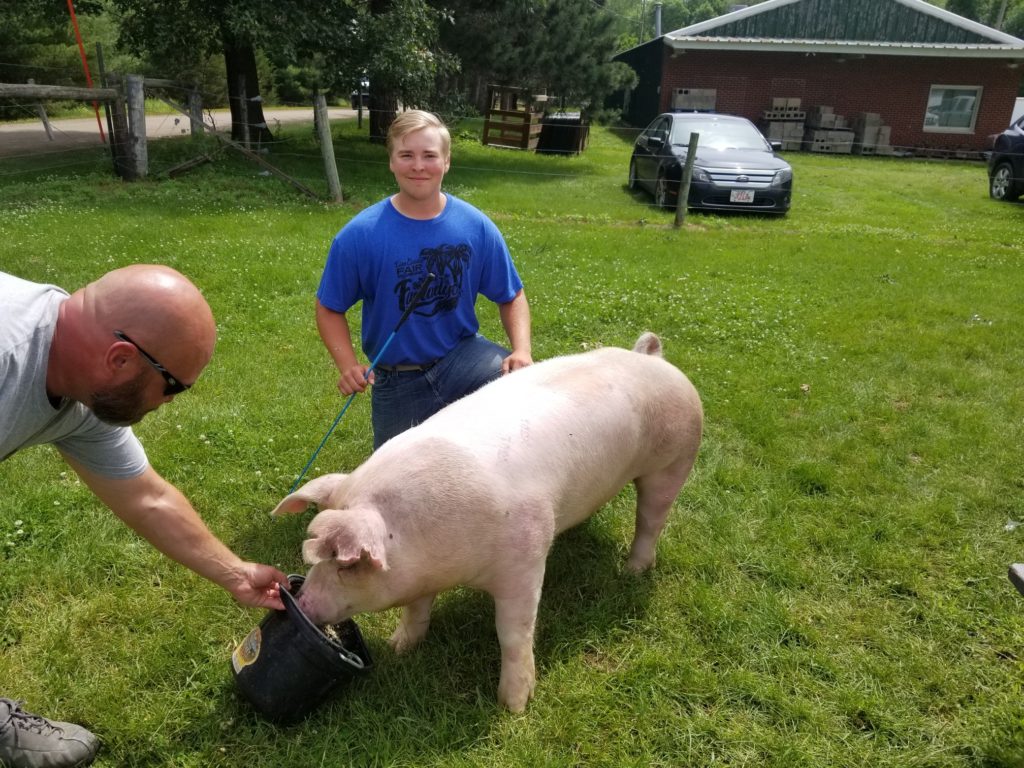
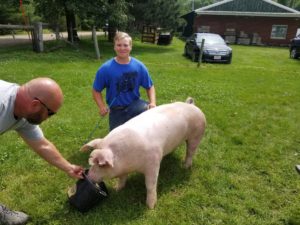
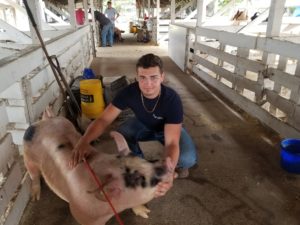
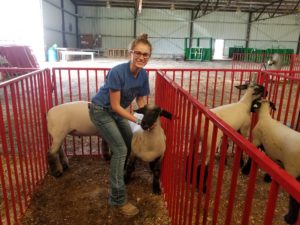
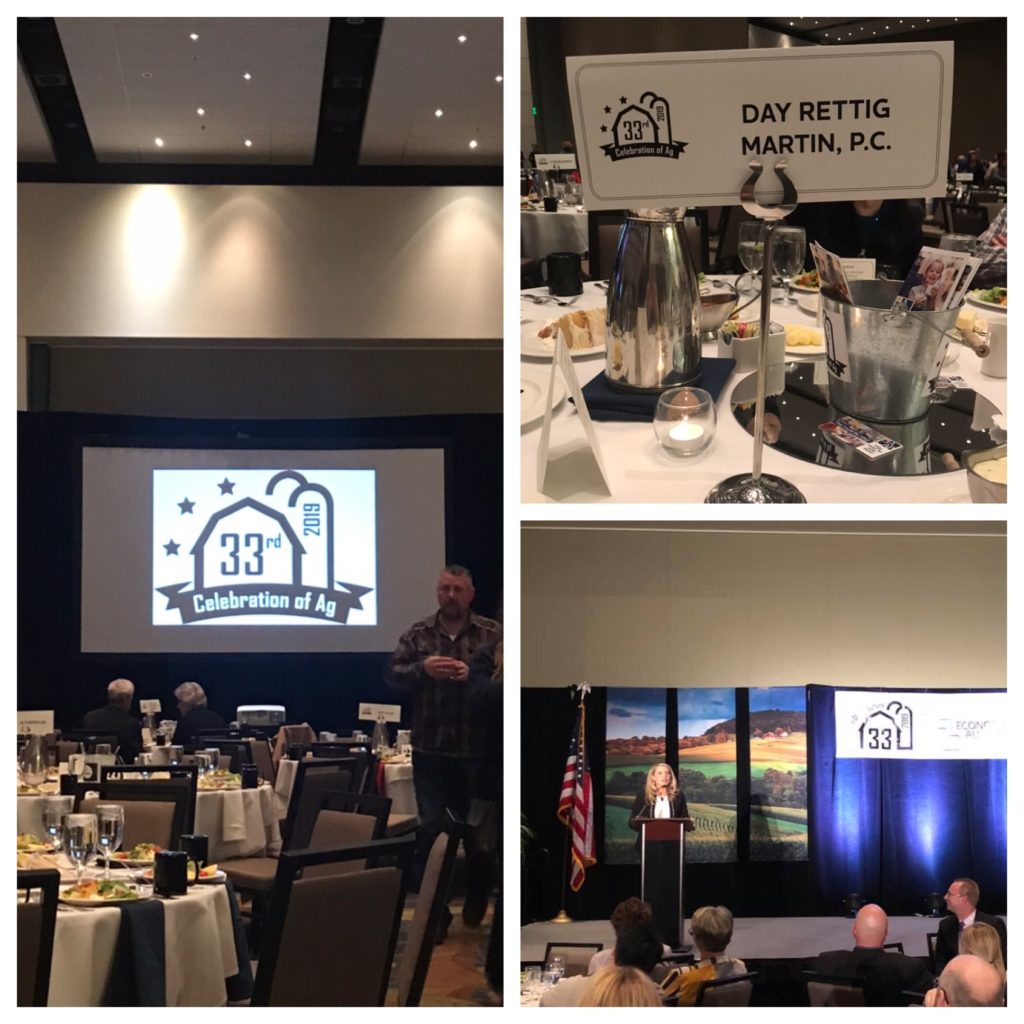




 In 2018,
In 2018,